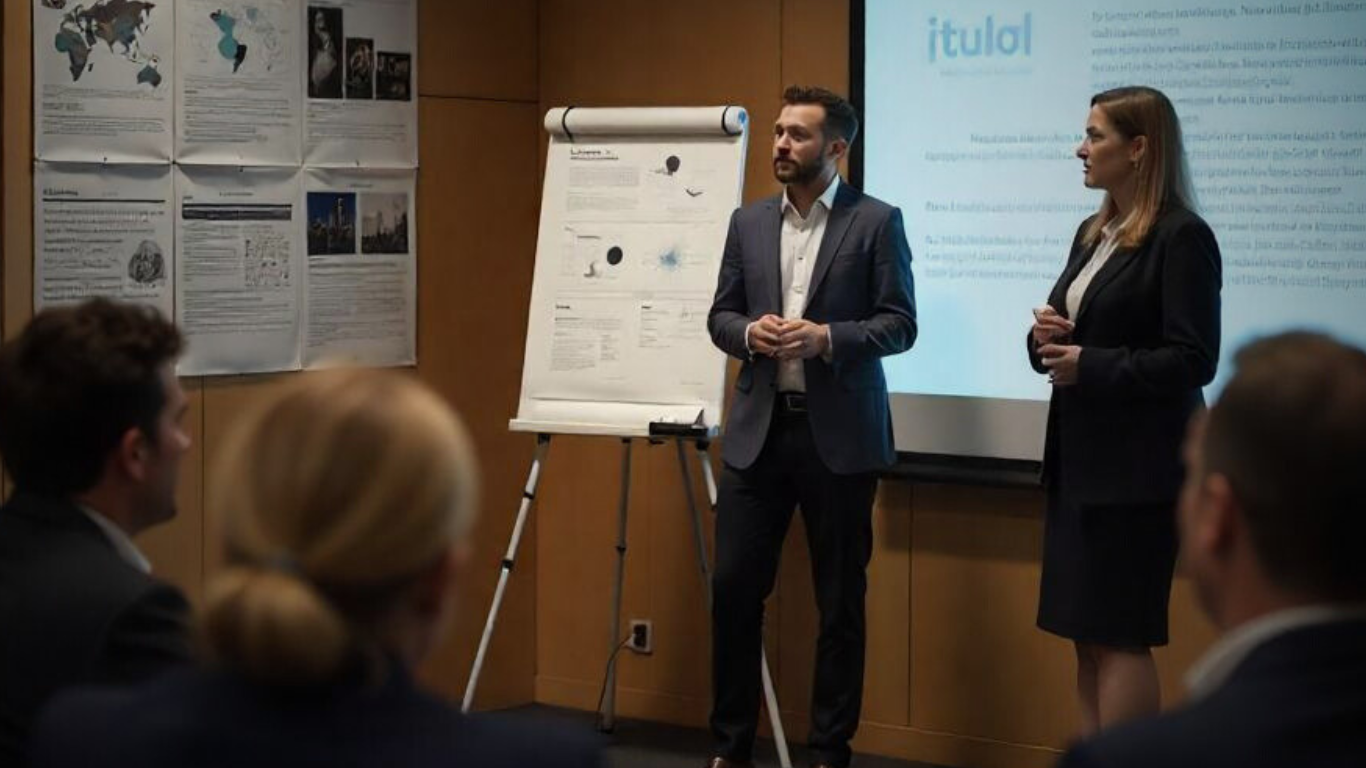Connecting...
In the realm of engineering, the traditional pathways have given way to a new era of innovation and technological advancement. With industries spanning robotics, artificial intelligence, and sustainable energy on the rise, the demand for skilled engineers has skyrocketed. Yet, a significant gap persists between the skills possessed by graduating engineers and the evolving needs of industries. This "skills gap" poses a formidable challenge for both aspiring engineers and the engineering sector as a whole. To navigate this terrain successfully, understanding the root causes and implementing effective measures is imperative.
Defining the Skills Gap
Engineering education has undergone a transformative shift, expanding far beyond its conventional boundaries to encompass cutting-edge technologies. Today's engineers require a diverse skill set, blending technical expertise, adaptability, and critical thinking. However, many traditional engineering programs lag behind in meeting these evolving demands. Consequently, students often resort to seeking supplementary education outside their formal academic channels, incurring additional costs to acquire essential skills. It is paramount for engineering institutes to align their curriculums with these changing dynamics, integrating courses in robotics, AI, and sustainable energy as core subjects leading to separate certifications. This proactive approach ensures that future engineers are equipped to thrive in the rapidly evolving job market.
Industry-Education Collaboration
A promising trend emerging globally, including in Australia, involves collaborative efforts between industries and educational institutions to establish Centers of Excellence (CoEs). These centers serve as hubs of industry-driven knowledge, providing students with practical learning experiences that align with market demands. Scaling up this model can significantly narrow the gap between educational offerings and industry requirements. Unlike the cumbersome process of establishing new educational institutions, setting up CoEs within existing institutes offers a more agile and cost-effective solution. This collaborative approach fosters a symbiotic relationship between academia and industry, ensuring that graduates are well-prepared to tackle real-world challenges.
Soft Skills: A Vital Component
While technical proficiency forms the cornerstone of engineering, the importance of soft skills cannot be overstated. Effective communication, teamwork, and leadership abilities are indispensable for success in today's collaborative work environments. Unfortunately, these skills have often been undervalued in traditional engineering education. Graduates may find themselves lacking the interpersonal finesse necessary to navigate professional roles seamlessly. Cultivating these soft skills is essential to bridge the gap between academic knowledge and practical application, preparing engineers to excel in diverse workplace settings.
Empowering Lifelong Learning
At the heart of engineering lies a culture of innovation and continuous learning. Universities play a pivotal role in fostering this ethos by promoting lifelong learning among their students. Offering opportunities for professional development through workshops, seminars, and certifications ensures that engineers remain abreast of the latest advancements in their fields. This proactive approach cultivates adaptability, a critical skill for addressing evolving industry demands throughout one's career. By instilling a passion for lifelong learning, universities empower engineers to stay ahead of the curve and drive innovation in their respective domains.
Closing the Gap Together
Bridging the engineering skills gap demands a multifaceted approach that encompasses experiential learning, soft skills development, lifelong learning initiatives, and a commitment to diversity and inclusion. By synergizing these efforts, we can nurture a new generation of well-rounded engineers equipped with the practical experience and versatility to thrive in dynamic work environments. Collaboration between education and industry is paramount to address the evolving needs of the engineering landscape effectively.
Preparing for the Future
As we chart a course towards the future, it is imperative that education and industry collaborate to anticipate and address the evolving demands of the engineering sector. Investing in future-aligned curriculums, nurturing soft skills, and promoting lifelong learning are pivotal steps towards closing the skills gap. By embracing a proactive approach to talent development, we can ensure that engineers are equipped with the requisite skills and mindset to drive innovation and sustain growth in an ever-changing landscape.
The journey to bridge the engineering skills gap is both a challenge and an opportunity. By fostering collaboration, embracing innovation, and prioritizing professional development, we can build a robust ecosystem that nurtures talent and drives progress. Together, let us embark on this transformative journey towards a future where engineers are empowered to thrive and shape the world around us.
For more insights on evolving engineering skills and strategies for career preparedness, stay connected with CGC Recruitment.
Explore our latest vacancies here, or alternatively, connect with one of our specialist recruiters - https://www.cgcrecruitment.com/consultants.










